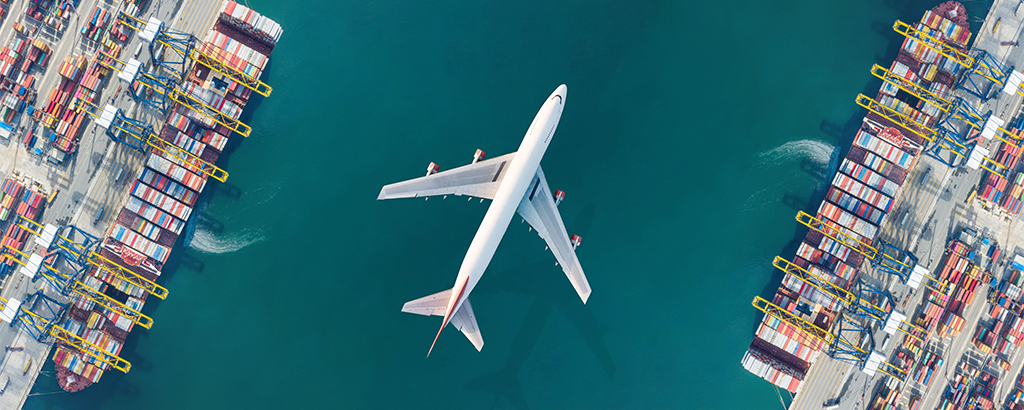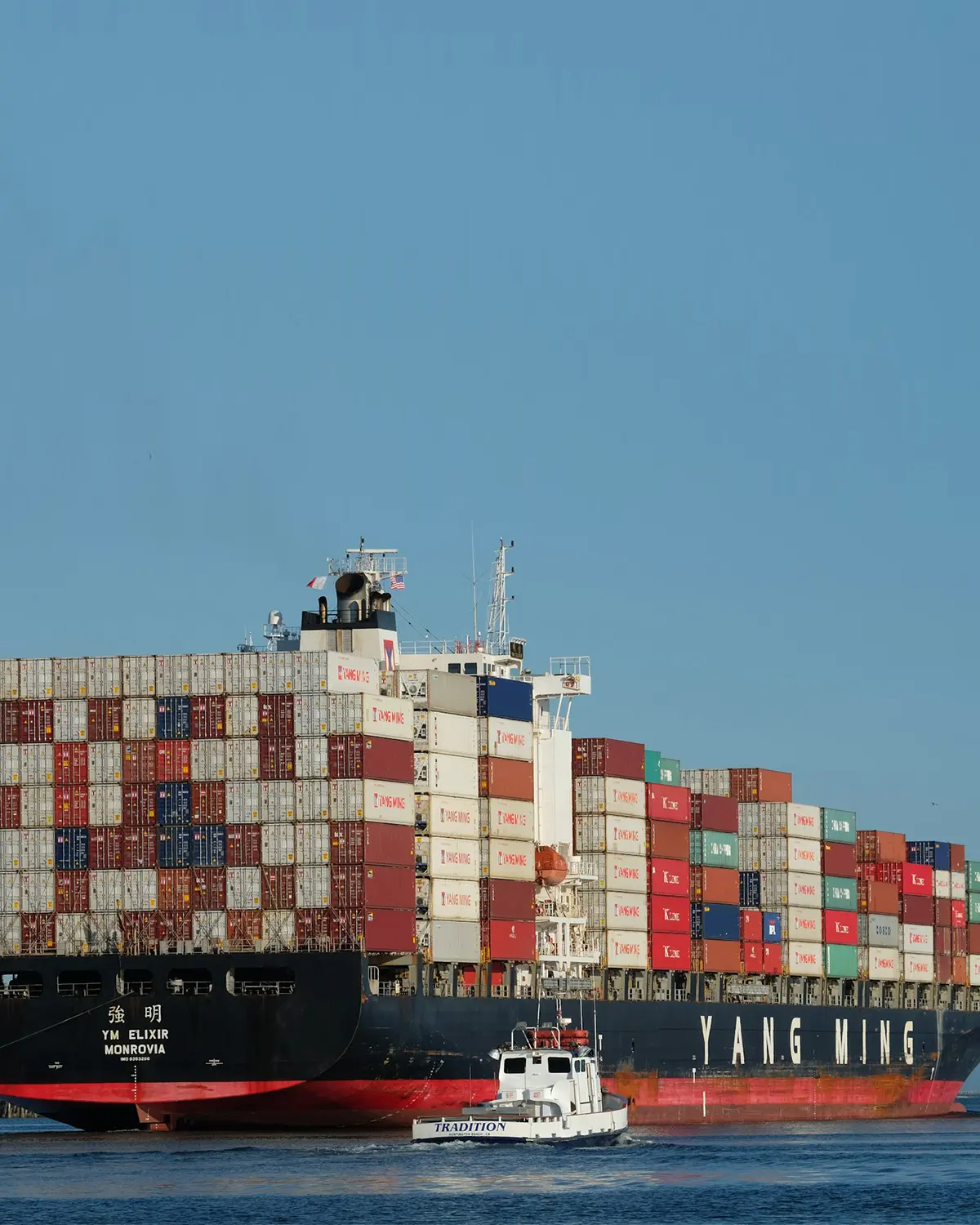
Air cargo plays a pivotal role in the global economy, facilitating the movement of goods across vast distances in a matter of hours. Beyond its obvious convenience, air cargo has a profound economic impact that extends far beyond the transportation industry. In this article, we will delve into the multifaceted economic implications of air cargo, exploring its contributions to trade, employment, and economic growth.
- Enhancing Global Trade:
Air cargo has revolutionized international trade by enabling the swift and efficient movement of goods across borders. With the ability to transport perishable and time-sensitive products, such as fresh produce and pharmaceuticals, air cargo has expanded the range of tradable goods and reduced trade barriers. This has resulted in increased export opportunities for businesses, stimulating economic growth and fostering international cooperation. - Boosting Employment:
The air cargo industry is a significant source of employment, directly and indirectly. Beyond the pilots and ground staff, air cargo operations require a vast network of professionals, including logistics experts, customs agents, and cargo handlers. Moreover, the growth of air cargo has led to the development of ancillary industries, such as packaging and warehousing, further contributing to job creation. The employment opportunities generated by air cargo have a positive ripple effect on local economies, improving living standards and reducing unemployment rates. - Driving Economic Growth:
Air cargo acts as a catalyst for economic growth by facilitating global supply chains and attracting foreign direct investment. The speed and reliability of air transportation enable businesses to respond quickly to market demands, reducing lead times and inventory costs. This, in turn, enhances productivity and competitiveness, spurring economic expansion. Additionally, the presence of a well-developed air cargo infrastructure attracts multinational corporations, creating clusters of economic activity and fostering innovation. - Supporting Regional Development:
Air cargo plays a crucial role in supporting regional development, particularly in remote or landlocked areas. By providing access to global markets, air cargo enables businesses in these regions to overcome geographical constraints and tap into international trade opportunities. This not only stimulates economic growth but also promotes social development by improving access to essential goods, such as medical supplies and humanitarian aid. - Environmental Considerations:
While the economic impact of air cargo is undeniable, it is essential to address the environmental implications. The carbon emissions associated with air transportation contribute to climate change and air pollution. However, the industry has been actively working towards reducing its environmental footprint through technological advancements, such as more fuel-efficient aircraft and sustainable practices. Balancing economic benefits with environmental sustainability is crucial for the long-term viability of air cargo.
Conclusion:
The economic impact of air cargo is far-reaching and transformative. From facilitating global trade and boosting employment to driving economic growth and supporting regional development, air cargo plays a vital role in the interconnectedness of the global economy. As the industry continues to evolve, it is imperative to strike a balance between economic prosperity and environmental sustainability, ensuring a prosperous future for air cargo and the world it serves.





